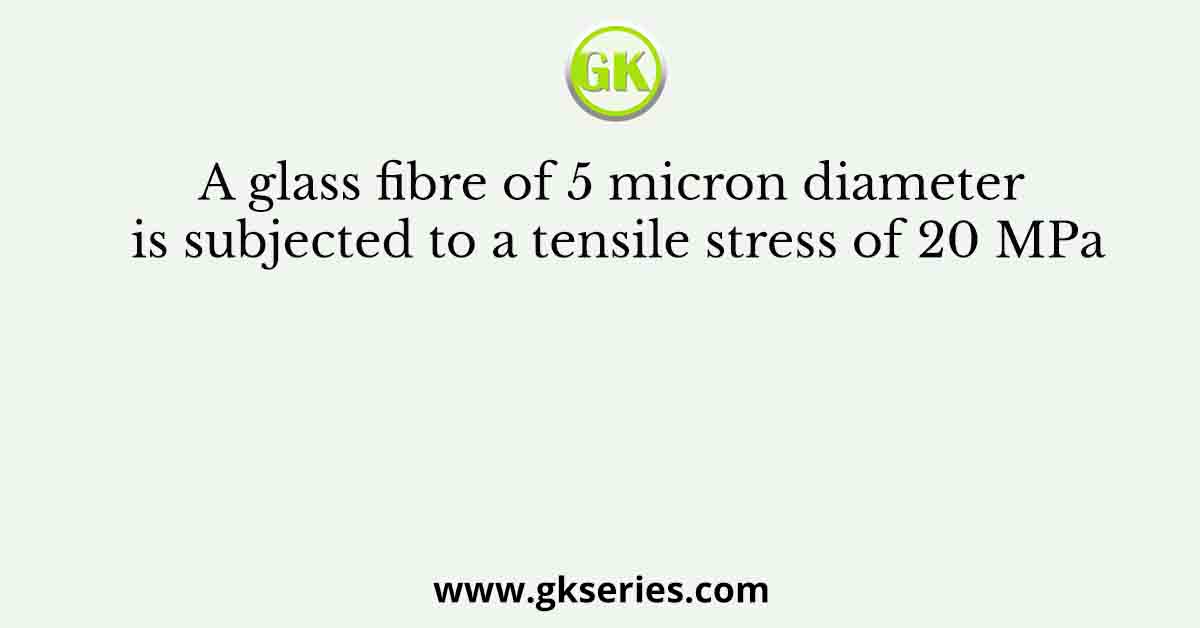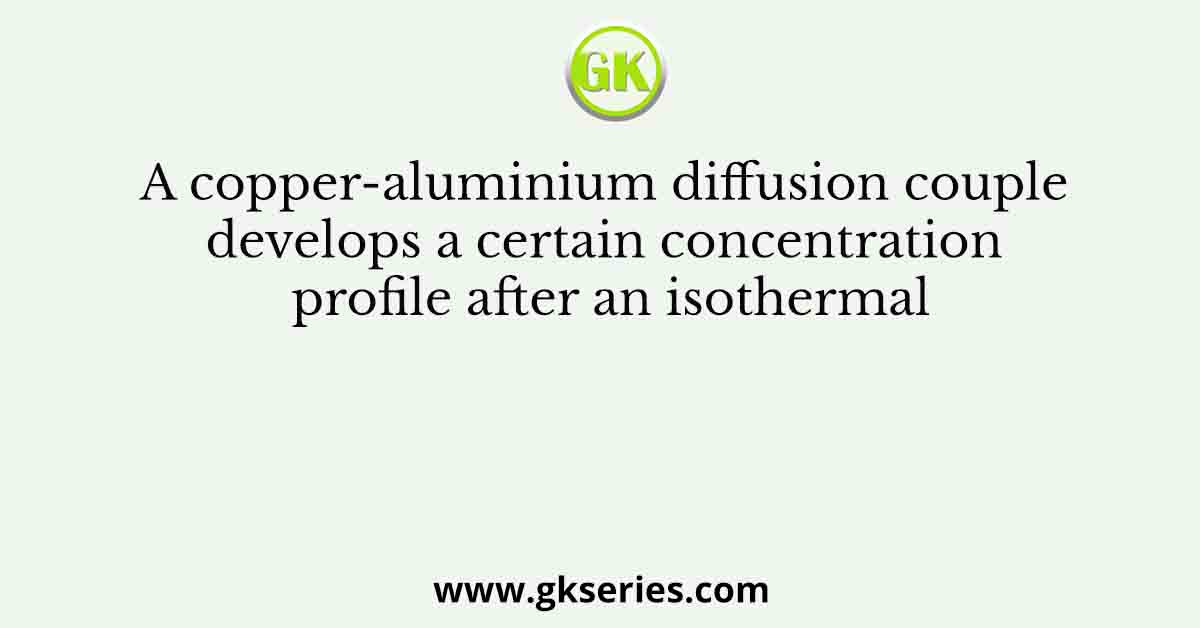
Q. A certain processor uses a fully associative cache of size 16 kB. The cache block size is 16 bytes. Assume that the main memory is byte addressable and uses a 32-bit address. How many bits are required for the Tag and the Index fields respectively in the addresses generated by the processor?
(A) 24 bits and 0 bits
(B) 28 bits and 4 bits
(C) 24 bits and 4 bits
(D) 28 bits and 0 bits
Ans: 28 bits and 0 bits
Solution:
Given cache block size is 16 bytes, so block or word offset is 4 bits. Fully associative cache of size 16 kB, so line offset should be,
= cache size / block size
= 16 kB / 16 B
= 1 k
= 1024
= 10 bits Line or Index Offset
Tag bit size would be,
= processor address size – (line offset + word offset)
= 32 – 10 – 4
= 18 bits tag size
Since, there no option matches, but if we assume that Line Offset is a part of Tag bits, therefore,
Tag bits = 18+10 = 28 bits
Line or Index offset = 0 bits (since fully associative cache memory),
Word or block offset = 4 bits



![Determine the correctness (or otherwise) of the following Assertion [A] and the Reason [R]](https://www.gkseries.com/blog/wp-content/uploads/2023/10/Determine-the-correctness-or-otherwise-of-the-following-Assertion-A-and-the-Reason-R.jpg)
